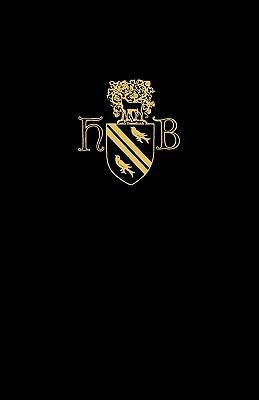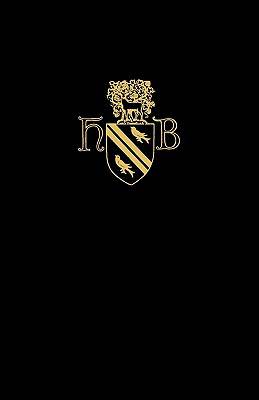
- Afhalen na 1 uur in een winkel met voorraad
- Gratis thuislevering in België vanaf € 30
- Ruim aanbod met 7 miljoen producten
- Afhalen na 1 uur in een winkel met voorraad
- Gratis thuislevering in België vanaf € 30
- Ruim aanbod met 7 miljoen producten
Zoeken
The Bobbio Missal, a Gallican Mass-Book (Ms. Paris. Lat. 13246) Facsimile, London, 1917.
€ 120,95
+ 241 punten
Omschrijving
This is the complete facsimile of the manuscript studied in volumes 53 and 58 of the present series. The Bobbio Missal is one of the most important and interesting liturgical books surviving from the early middle ages. It is the best known example of the `Gallican' type of missal, attesting therefore to the distinctive liturgical practices which were widespread in Merovingian and Frankish churches during the seventh and eighth centuries, before these began to tbe replaced by the Roman practices including use of `Gregorian' missals in various forms during the period of Charlemagne's reforms. In the opinion of modern palaeographers, the Bobbio Missal was written somewhere in northern Italy in the mid-eighth century. Although it was long regarded as a witness to Irish liturgical practice, it is now considered as essentially Gallican, but incorporating various prayers of Gelasian origin. Palaeographically the manuscript (now Paris, Bibliotheque Nationale, lat. 13246) is of great interest, being written in an idiosyncratic mixture of uncial and minuscule, by an Italian scribe neither literate nor well-trained.
Specificaties
Betrokkenen
- Uitgeverij:
Inhoud
- Aantal bladzijden:
- 304
- Taal:
- Engels
- Reeks:
- Reeksnummer:
- nr. 53
Eigenschappen
- Productcode (EAN):
- 9781907497223
- Verschijningsdatum:
- 15/04/2010
- Uitvoering:
- Paperback
- Formaat:
- Trade paperback (VS)
- Afmetingen:
- 140 mm x 216 mm
- Gewicht:
- 762 g

Alleen bij Standaard Boekhandel
+ 241 punten op je klantenkaart van Standaard Boekhandel
Beoordelingen
We publiceren alleen reviews die voldoen aan de voorwaarden voor reviews. Bekijk onze voorwaarden voor reviews.







